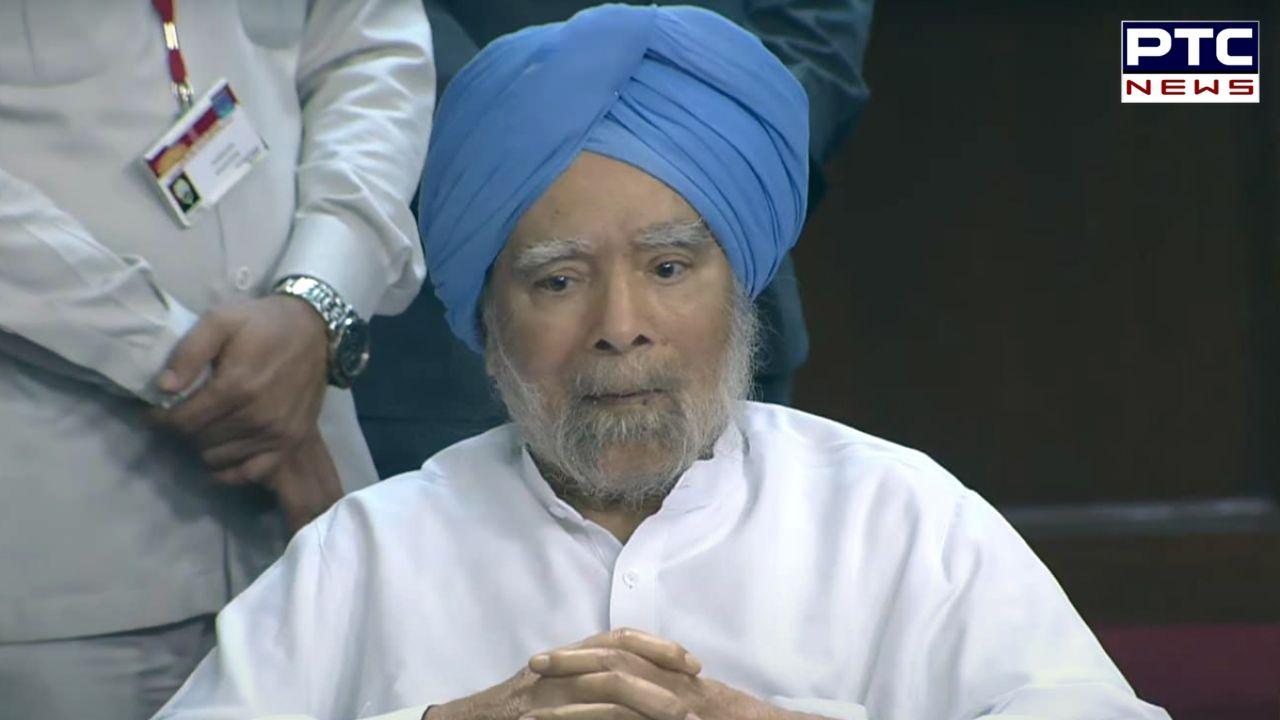

Dr Manmohan Singh: The economist PM who transformed India
PTC Web Desk: Born on September 26, 1932, in Gah, now in Pakistan’s Punjab province, Dr Manmohan Singh emerged as one of the most erudite leaders of independent India. His journey began in a humble Sikh household, where his academic brilliance shone early. He completed his Bachelor’s and Master’s degrees from Panjab University, earning accolades for his exceptional performance. His quest for knowledge led him to the University of Cambridge, where he completed his Economics Tripos, followed by a DPhil in Economics from Oxford University.
The economist’s rise to prominence
Dr Mannohan Singh's deep understanding of economics brought him into pivotal roles in Indian policymaking. He served as an economic advisor in the Ministry of Foreign Trade and later became the Chief Economic Advisor. His work with international organisations, including the International Monetary Fund (IMF) and the United Nations, further solidified his expertise.
In 1991, amidst a severe economic crisis, Dr Singh was appointed Union Finance Minister under Prime Minister PV Narasimha Rao. His visionary reforms liberalised India’s economy, moving it away from decades of socialist policies. He spearheaded the dismantling of the License Raj, opened India to foreign investments, and introduced policies that laid the foundation for India’s transformation into a global economic powerhouse.
A Decade as Prime Minister (2004–2014)
Dr Manmohan Singh became India’s 13th Prime Minister on May 22, 2004, leading the country for two consecutive terms. Under his leadership, India witnessed remarkable economic growth, expanding its global footprint in trade, technology, and diplomacy.
Key milestones during his tenure include
Economic Growth: India became one of the fastest-growing economies in the world, with significant strides in infrastructure, IT, and manufacturing.
India-U.S. Nuclear Deal: A historic agreement that ended India's nuclear isolation and opened avenues for civilian nuclear energy collaboration.
Social Welfare Programmes: Initiatives like the Mahatma Gandhi National Rural Employment Guarantee Act (MGNREGA) and the Right to Education Act aimed to bridge socio-economic disparities.
Global Recognition: Dr. Singh played a pivotal role in strengthening India’s relationships with world powers, positioning India as a key player in global diplomacy.
Despite his achievements, his tenure was marred by controversies, including allegations of corruption in the 2G spectrum and coal block allocations. Critics often labeled him as a leader constrained by coalition politics.
Final Years in Politics and Legacy
Dr Singh retired from active politics in 2024 after serving as a Rajya Sabha member for decades. His farewell speech in Parliament was a moment of reflection, where he criticised the government’s demonetisation policy, calling it "organised loot and legalised plunder."
Known for his humility and integrity, Dr Singh remained a figure of inspiration, respected across political and ideological lines. His dedication to serving the nation was lauded even by his political opponents.
Personal Life
Dr Singh was married to Gursharan Kaur, who remained a pillar of support throughout his career. The couple had three daughters, all of whom excelled in their respective fields.
Dr Manmohan Singh's demise marks the end of an era. Tributes poured in from across the world, with leaders, economists, and citizens remembering him as the architect of modern India's economic resurgence.
- With inputs from agencies
